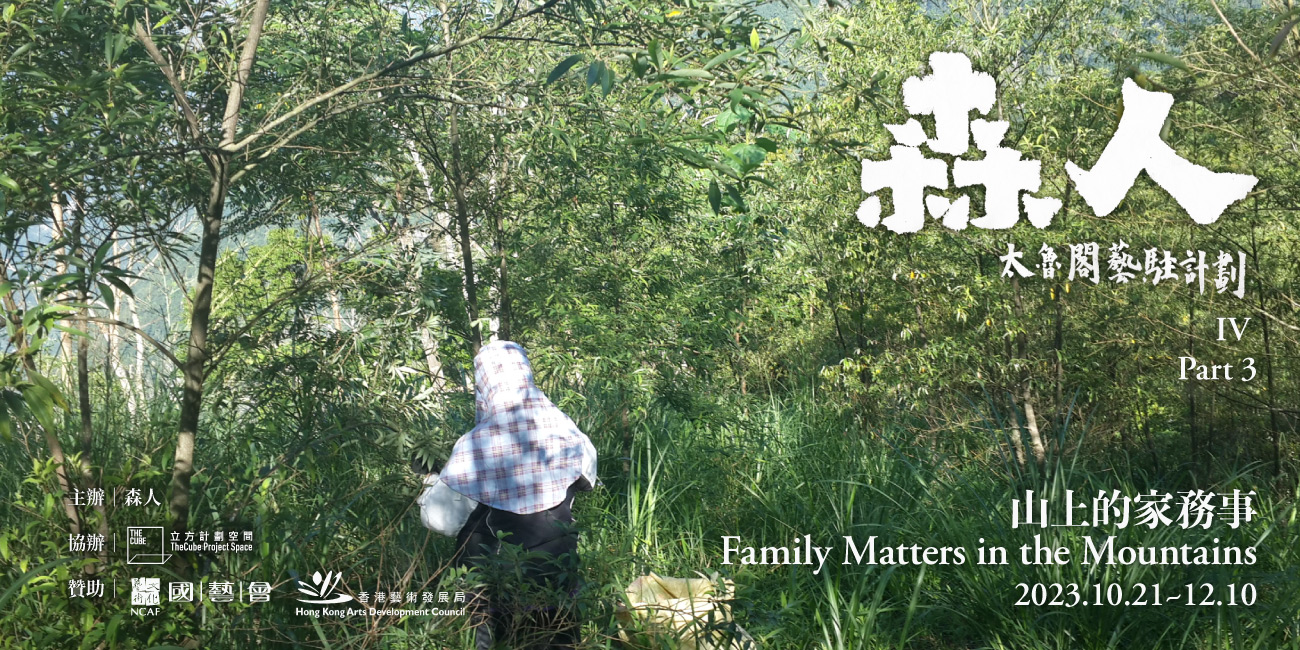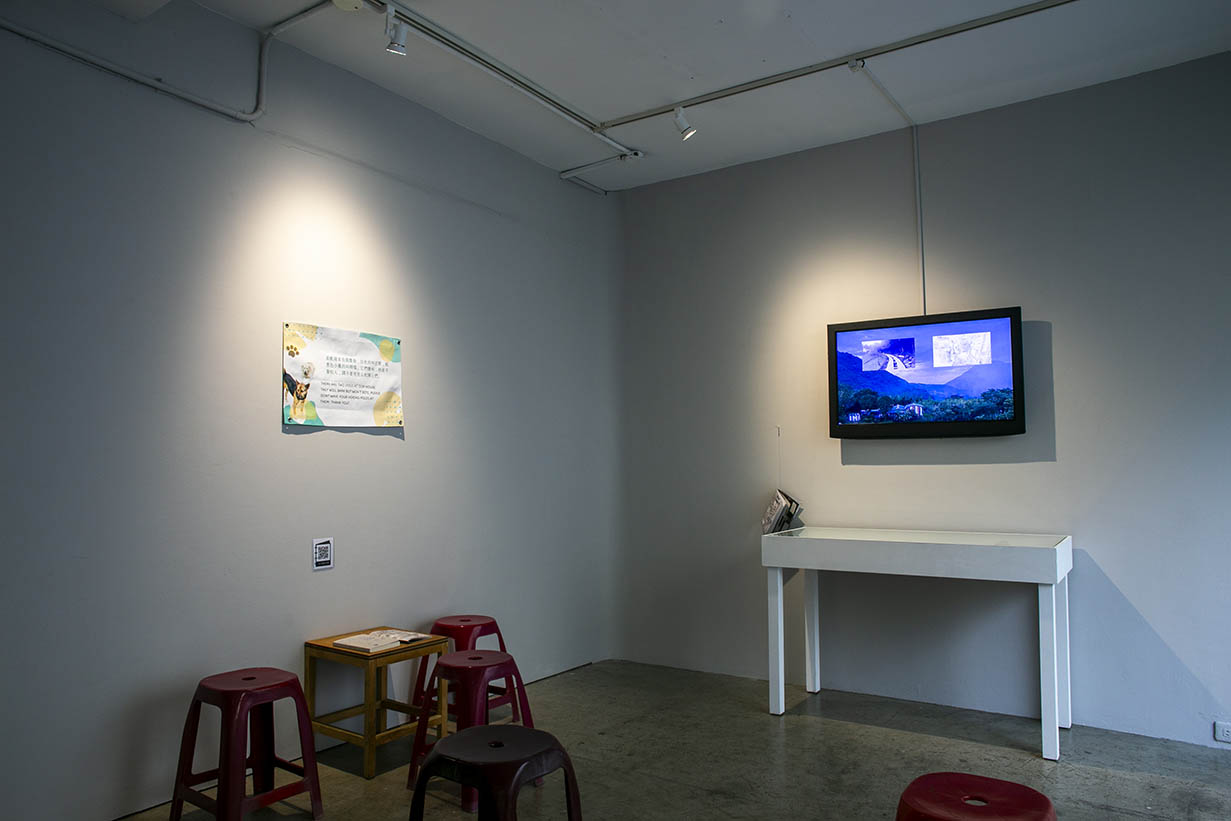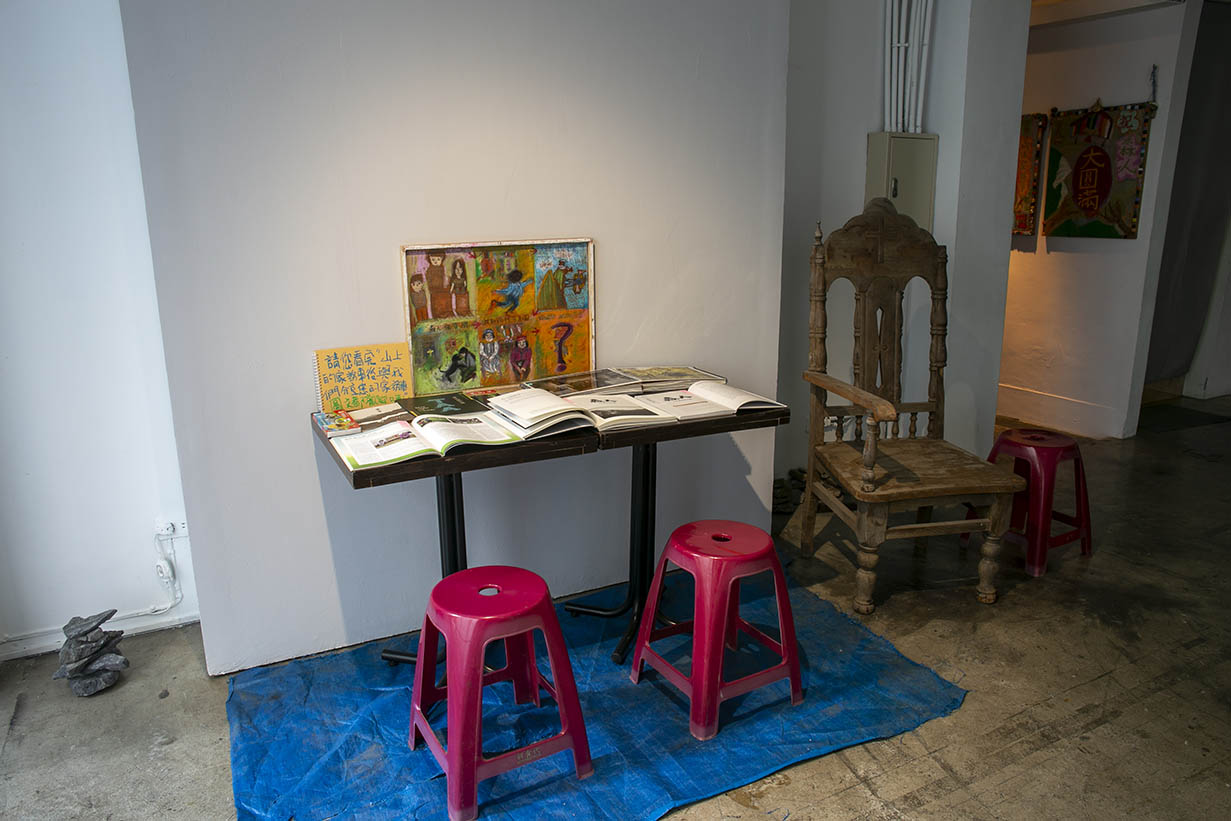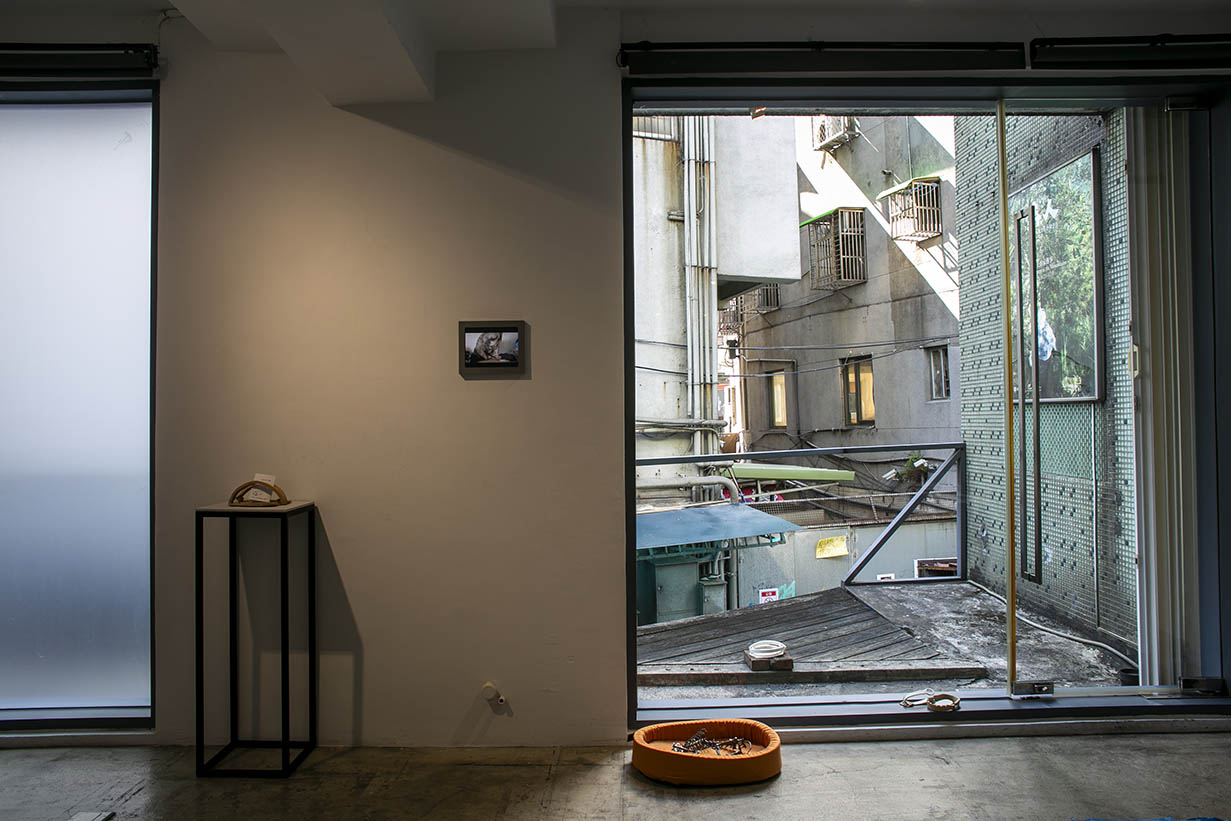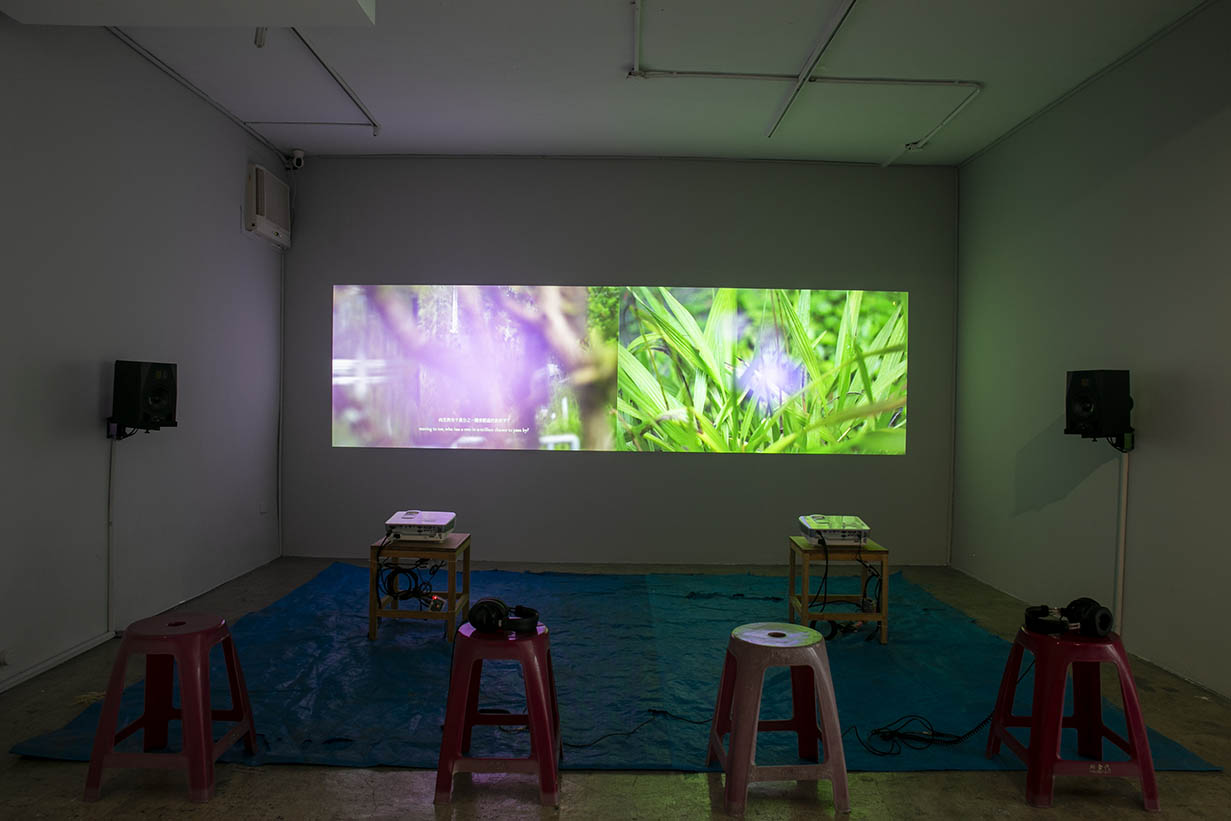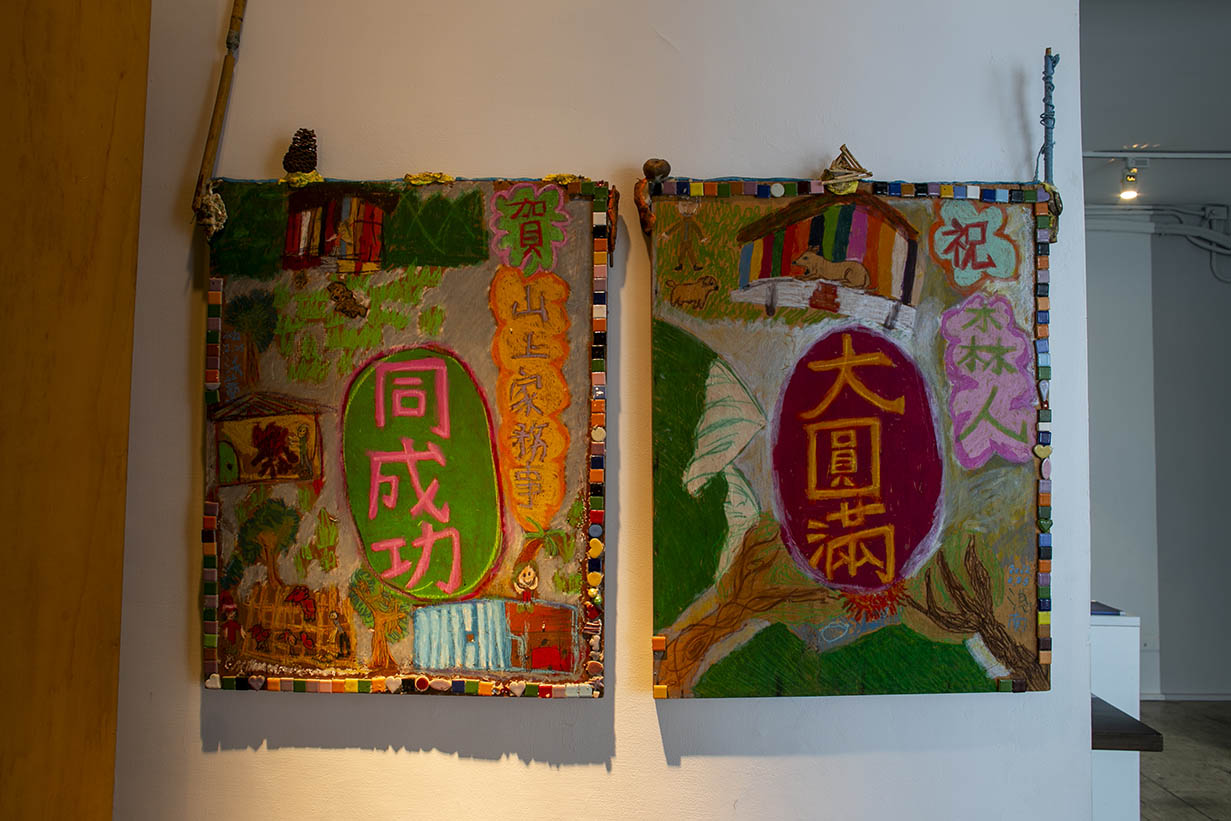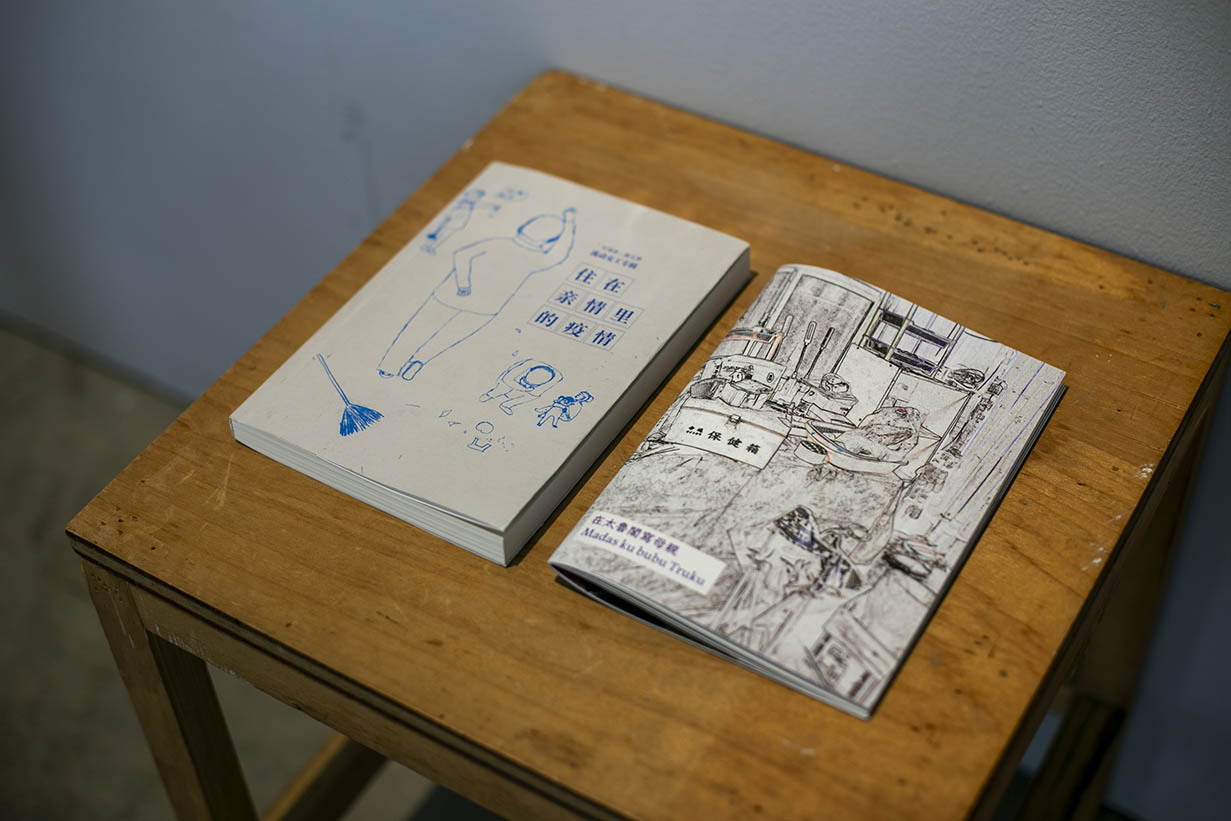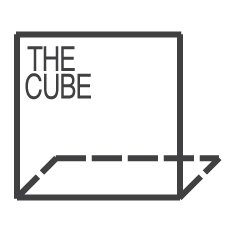TheCube Project Space is pleased to collaborate for the fifth time with the Tree Tree Tree Person – Taroko Arts Residency Project to present the works of the researchers who resided in the tribes. The exhibition will run from October 21, 2022, to December 10, 2022, at the TheCube.
This year’s Tree Tree Tree Person – Taroko Art Residency Program IV Part 3 features four groups of resident researchers from various creative fields. They include Yan-Xiang Lin, Shang-Chiao Li, Dorothy Wong Ka-Chung & Benjamin Ryser, and Jing Y. & Lou Mo. Throughout this year, they conducted their research in the Datong Village and Dali Village within the Taroko National Park. In this exhibition, they will be presenting the results of their residency in the form of documents, audio-visuals, installations, writings, photography, and live events.
About the Exhibition
In 2023, themed with Family Matters in the Mountains, the Tree Tree Tree Person – Taroko Arts Residency Project IV Part 3 calls for residency research projects. The housework labor in the mountains during the pandemic shall be brought into focus, extending the imagination for the relationships between nature and art in the traditional area.
In the summer of 2021, COVID-19 impacted the operation of the society in Taiwan, the lives of the Datong Village and Dali Village in the mountains of Taroko, and the execution of Tree Tree Tree Person – Taroko Arts Residency Project IV Part 2. After all the known elders in the tribe were verified as having received their second dose, Tree Tree Tree Person resumed the arrangements and residencies of the researchers in the mountains. During one revisit to the tribal community beneath the mountains in October, while searching for inspiration for the art residency project, we found Auntie Bnu was troubled by the replacement of the balcony extension supports behind her place, which collapsed due to aging. It was partly because of the construction cost as well as the terrible inconvenience and extreme danger with the surviving half of the balcony. Also, we learned that the balcony had been in service for over twenty years since she had relocated beneath the mountains. This conversation has been lingering in our minds ever since. We were wondering if we could allocate a portion of the fund for the exhibition at Kuandu Museum of Fine Arts (KdMoFA) next year (2022) to the family matters of the women in the mountains. Would it depict a different labor landscape?
About The Projects
The Three-legged Cat and the Hunter, by Yan-Xiang Lin
“During the few days I lived on the mountain, a tabby cat would always accompany me to sleep, sometimes at my feet, sometimes next to my pillow, and I would listen to its breathing until I fell asleep. It would nest in the corner of the warehouse, or curled up on the top of the solar battery. It was always bullied by other cats because it only had three legs.”
Participate in the life of tribal residents during this period, starting from the clues in life, such as eating, chatting, taking pictures, hunting, climbing, receiving climbers, etc., and understand the daily life on the “mountain” during the interaction process. Starting from a three-legged cat, understand the relationship between the Taroko people and the environment, then further explore the state of interaction between mountains and forests after modernization.
Every time I look at this jumping three-legged cat, I am reminded of the conflict between modern hunting equipment and traditional hunting culture. Sometimes I feel lke I can’t help too much, and I seem to have lost an arm here.
A Lectures and Podcast Projects on Out of Taiwan Hypothesis, by Shang-Chiao Li
The core objective of this residency project is to explore the impact of the discourse surrounding Out of Taiwan Hypothesis. It seeks to investigate how this discourse, under government guidance, transforms the exchange and creation of art and culture, thereby shaping new forms of identity. This project will take the form of podcasts and lectures, examining the influence of the hypothesis from multiple perspectives. Additionally, it will reference the historical context of Pacific Island nations or regional identity construction, comparing it with Taiwan’s current identity status, to interpret the significance of the hypothesis from an objective standpoint. The goal of this project is to deepen our understanding and analysis of Out of Taiwan Hypothesis, encouraging Taiwanese society to contemplate and explore its diverse cultural identities more profoundly.
Orchid, by Dorothy Wong Ka-Chung & Benjamin Ryser
This is the fourth time we have returned to the Taroko tribe for a residency, and this year we have been working and researching with Yuri Pasang and her family to continue to listen to and revisit the family history and memories of the community. We followed the collective memories of the tribe that harvested rare orchids in the mountains forty years ago and sold them on to Japan, searching for their whereabouts.
We learnt from the tribal elders and their children that an orchid can live for several decades. If this orchid could talk, what would it tell us about their migration down the mountain and their encounters and stories along the way?
Project participants and voice recording: Bnu Pasang, Icyang Pasang, Yuri Pasang
Translation: Charlotte Lee
Writing Mothers from Taroko, by Jing Y. & Lou Mo
The Writing Mother co-creation project has entered its sixth year and touches on complex topics such as family and private relationships, as well as gender equality. When the artists came to the Datong tribe, they found that most of the homes of tribal mothers in the mountains were also homestays for mountaineers. Home and public space begin to be connected, and different people, the natural environment, animals and plants come and go simultaneously with the home and the various family matters.
About the Resident Researchers
Yan-Xiang Lin
The methods of artistic creation are mainly video, action and writing. Focus on how people respond to their own biopolitics through issues such as the ecological environment, geopolitics, and religious beliefs. Produce perceptual experiences and texts through field practice and artistic research. And through image production as a visual act of action, in order to respond to the social phenomena and self-feelings of concern.
Shang-Chiao Li
XR programer for the 2023 Kaohsiung Film Festival XR Dreamland. She is also a writer and short film director. Collaborating as a writer, she partnered with the comic artist Evergreen Yeh on Mayfly Island, which was honored with the Bronze Award at the Japan International Manga Awards. The screenplay adaptation was nominated for the Golden Horse Film Project Promotion. Her work March: the Southern South was supported by Kaohsiung Shorts.
Dorothy WONG Ka-Chung and Benjamin Ryser
Dorothy Wong Ka-Chung (1991, born in British Hong Kong) and Benjamin Ryser (1989, born in Switzerland); in the Taroko tribe also known as Qurug and Lowking.The artists, who have been staying in Europe, Hong Kong, and Taiwan in recent years, often intervene in local communities in different countries with images and sounds. They are concerned with displaced communities in different places, investigating the sense of belonging, identity, imagined homelands, as well as issues related to politics and history. In recent years, their works often collect the stories of different individuals to accumulate the urban memory of the community.
Jing Y.
In 2017, he launched the Writing Mother project, advocating civic writing from family issues. In 2019, the Sweat project was launched to help people who lack resources in writing and painting learn these two creative methods, and create with them from time to time. Under the concept of “ordinary people’s creations”, she constantly tries to explore the boundaries between professionals and non-professionals, and also relies on her creative power to promote the possibility of mutual understanding and mutual assistance among different voices under privilege and exploitation.
Lou Mo
Lou Mo (born in France in 1990) is a Chinese-Canadian artist and curator currently living in Taipei. Her research mainly focuses on modern and contemporary Asian-African exchanges and the creations of Third World artists. She is also interested in the differences in diaspora, identity, and perception between the center and the periphery, and post-colonial history. She is also a member of the artist collective Mutant School.
Curatorial Team | Bnu Pasang, Cumey Hrosi, Icyang Pasang, Kumu Unang, Qurug Tumiyu, Simat Qurang, Tumun Masaw, Yeyku Rikaw, Yaya Huwat, Yuri Pasang
Resident Researchers | Yan-Xiang Lin, Shang-Chiao Li, Dorothy Wong Ka-Chung & Benjamin Ryser, and Jing Y. & Lou Mo.
Dates | 2023.10.21~12.10 (Wed. ~ Sun., 2~8pm)
Opening | 2023.10.21 (Sat.), 3~6pm
Venue | TheCube Project Space (2F, No13, Aly 1, Ln 136, Sec 4, Roosevelt Rd, Taipei City)
Organizer | Tree Tree Tree Person
Co-organizer | TheCube Project Space
Sponsor | National Culture and Arts Foundation, Hong Kong Arts Development Council
Category:
Date:
2023 年 9 月 11 日

